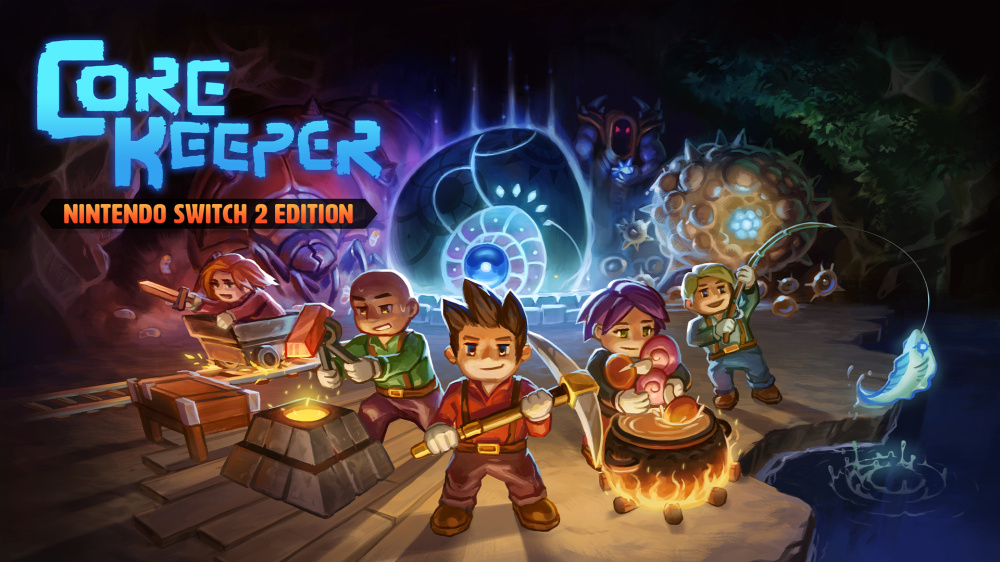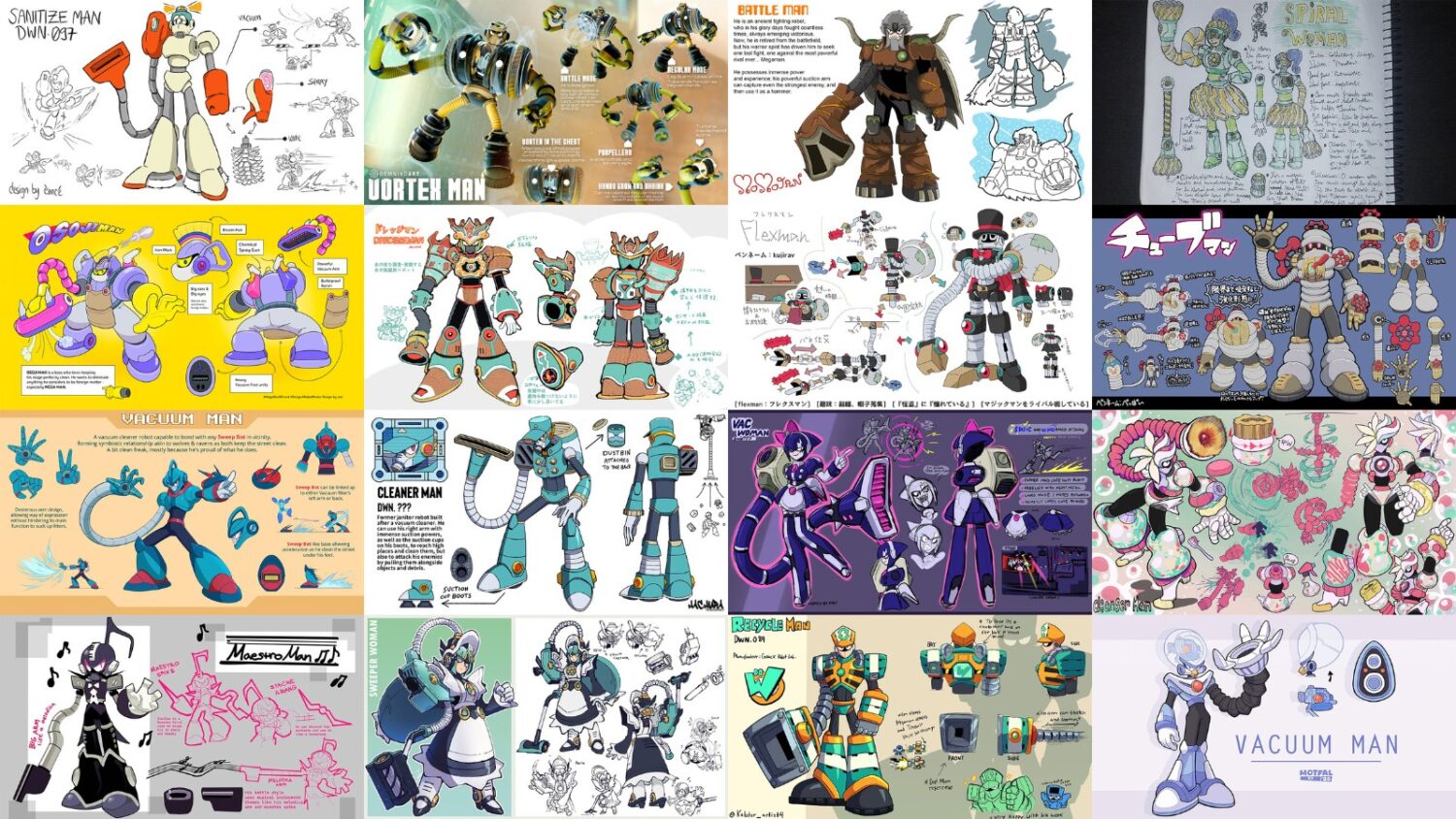Nintendo and Capcom Amplify Film Production Investment as Shigeru Miyamoto Sets the Record Straight
In recent developments, Japanese gaming giants Nintendo and Capcom have confirmed heightened investments in film production, signaling a significant evolution in their cross-media strategies.
This news, originally reported by Kyodo News, arrives amid Nintendo’s high-profile projects, including an anticipated Super Mario Galaxy movie and a live-action adaptation of The Legend of Zelda.
Industry watchers have also noted Nintendo’s recent internal reorganization of a subsidiary, now dedicated to supporting live events and film merchandising—a clear move to deepen the company's entertainment footprint beyond traditional gaming hardware such as the Nintendo Switch. Particular attention was drawn to a widely-circulated quote attributed to Shigeru Miyamoto, Nintendo's legendary Creative Fellow and the creative force behind franchises like Super Mario and The Legend of Zelda.
The quote, which originated from Japanese social media and news aggregation, suggested that Miyamoto viewed films as superior to games in terms of longevity, stating, “Games eventually stop running when newer versions come out, but films remain forever.” However, this quotation was both mistranslated and taken out of its proper context. Upon deeper investigation, it was clarified that Miyamoto’s comment dates back to an interview with Nintendo Dream Web conducted in October 2023, during the grand opening of the Nintendo Museum in Kyoto.
Miyamoto explained his rationale for Nintendo’s push into filmmaking, stating: "The reason we started making films was because we felt sad that the only place we could play our creations was on the Virtual Console.
There are limits to what can be done by making them playable in a museum, but films remain forever." Miyamoto’s actual sentiment reflects a concern for game preservation rather than a dismissal of video games as a medium.
As the industry continues to migrate from older hardware to platforms like the Nintendo Switch, the challenge of maintaining access to classic titles becomes more apparent.
In contrast, films, once released, have historically remained accessible across generations of playback technology, making them more enduring in certain ways.
This difference, as emphasized by Miyamoto, underscores Nintendo’s strategy to adapt its beloved intellectual properties, like Super Mario and The Legend of Zelda, into film to preserve and celebrate their legacy for a broader audience. Capcom, similarly, has doubled down on cinematic ventures following the successful Resident Evil film franchise and other adaptations.
The companies’ collective embrace of multimedia production not only complements their core gaming business but also builds fresh avenues for fan engagement, merchandise, and storytelling. With major projects in the pipeline and strategic investments reshaping how iconic series are experienced, both Nintendo and Capcom are poised to further solidify their influence both in gaming and film.
As the Nintendo eShop and Nintendo Direct showcases continue to highlight new releases, fans can expect to see a more connected ecosystem between game development and film production.
These moves promise to elevate not just the reach of brands like The Legend of Zelda and Super Mario, but also the preservation and enduring appreciation of video game culture.
This news, originally reported by Kyodo News, arrives amid Nintendo’s high-profile projects, including an anticipated Super Mario Galaxy movie and a live-action adaptation of The Legend of Zelda.
Industry watchers have also noted Nintendo’s recent internal reorganization of a subsidiary, now dedicated to supporting live events and film merchandising—a clear move to deepen the company's entertainment footprint beyond traditional gaming hardware such as the Nintendo Switch. Particular attention was drawn to a widely-circulated quote attributed to Shigeru Miyamoto, Nintendo's legendary Creative Fellow and the creative force behind franchises like Super Mario and The Legend of Zelda.
The quote, which originated from Japanese social media and news aggregation, suggested that Miyamoto viewed films as superior to games in terms of longevity, stating, “Games eventually stop running when newer versions come out, but films remain forever.” However, this quotation was both mistranslated and taken out of its proper context. Upon deeper investigation, it was clarified that Miyamoto’s comment dates back to an interview with Nintendo Dream Web conducted in October 2023, during the grand opening of the Nintendo Museum in Kyoto.
Miyamoto explained his rationale for Nintendo’s push into filmmaking, stating: "The reason we started making films was because we felt sad that the only place we could play our creations was on the Virtual Console.
There are limits to what can be done by making them playable in a museum, but films remain forever." Miyamoto’s actual sentiment reflects a concern for game preservation rather than a dismissal of video games as a medium.
As the industry continues to migrate from older hardware to platforms like the Nintendo Switch, the challenge of maintaining access to classic titles becomes more apparent.
In contrast, films, once released, have historically remained accessible across generations of playback technology, making them more enduring in certain ways.
This difference, as emphasized by Miyamoto, underscores Nintendo’s strategy to adapt its beloved intellectual properties, like Super Mario and The Legend of Zelda, into film to preserve and celebrate their legacy for a broader audience. Capcom, similarly, has doubled down on cinematic ventures following the successful Resident Evil film franchise and other adaptations.
The companies’ collective embrace of multimedia production not only complements their core gaming business but also builds fresh avenues for fan engagement, merchandise, and storytelling. With major projects in the pipeline and strategic investments reshaping how iconic series are experienced, both Nintendo and Capcom are poised to further solidify their influence both in gaming and film.
As the Nintendo eShop and Nintendo Direct showcases continue to highlight new releases, fans can expect to see a more connected ecosystem between game development and film production.
These moves promise to elevate not just the reach of brands like The Legend of Zelda and Super Mario, but also the preservation and enduring appreciation of video game culture.





